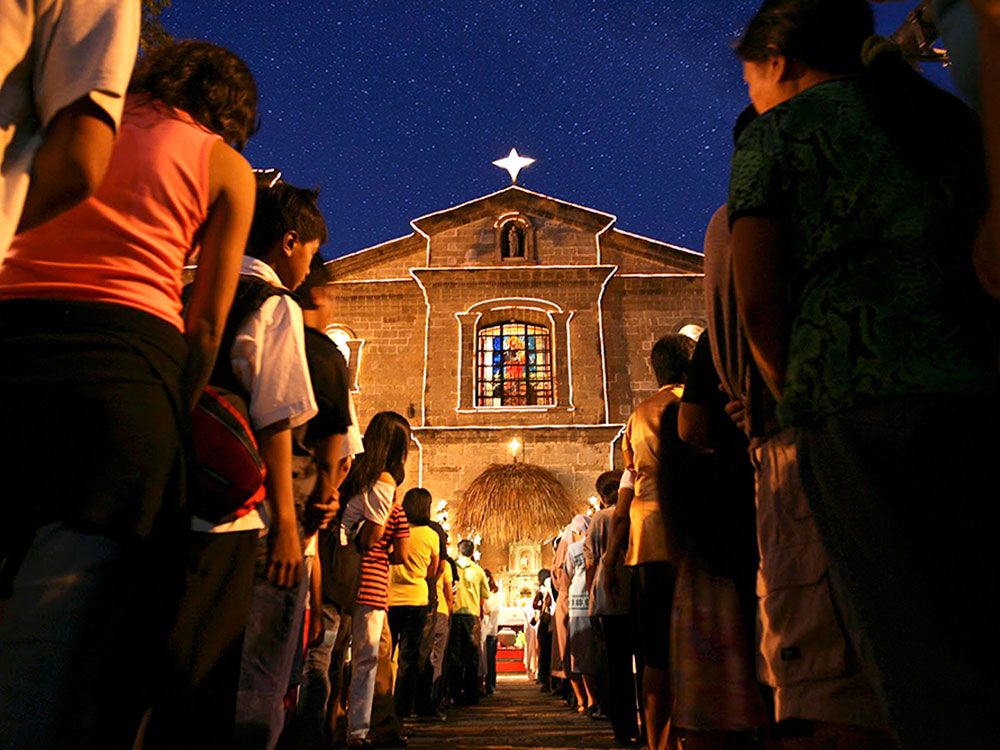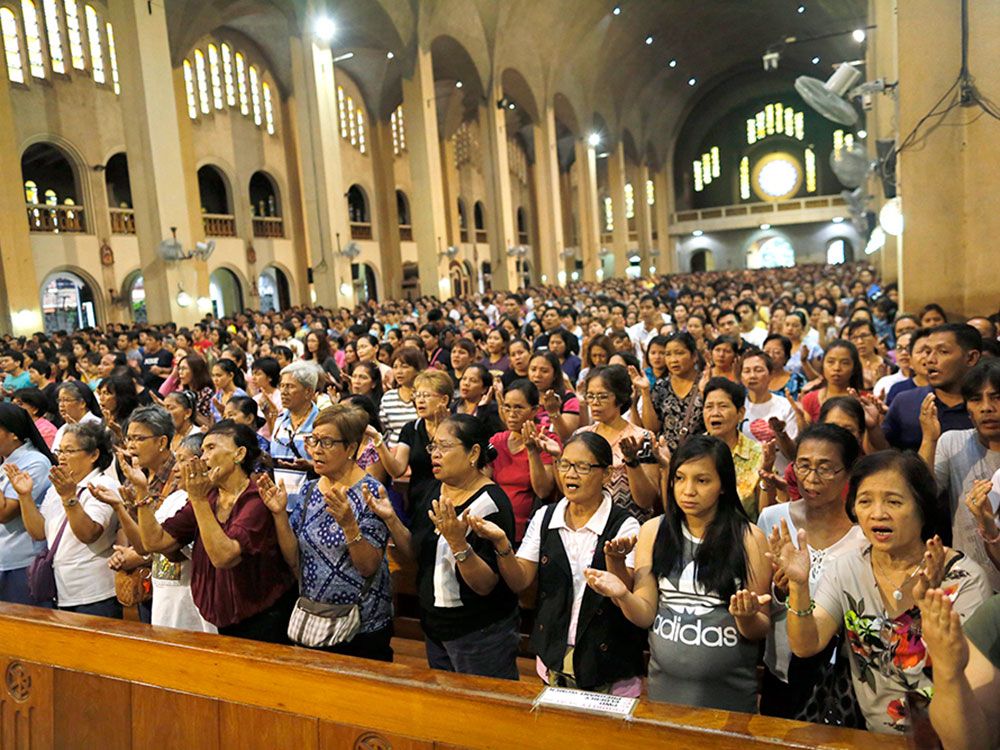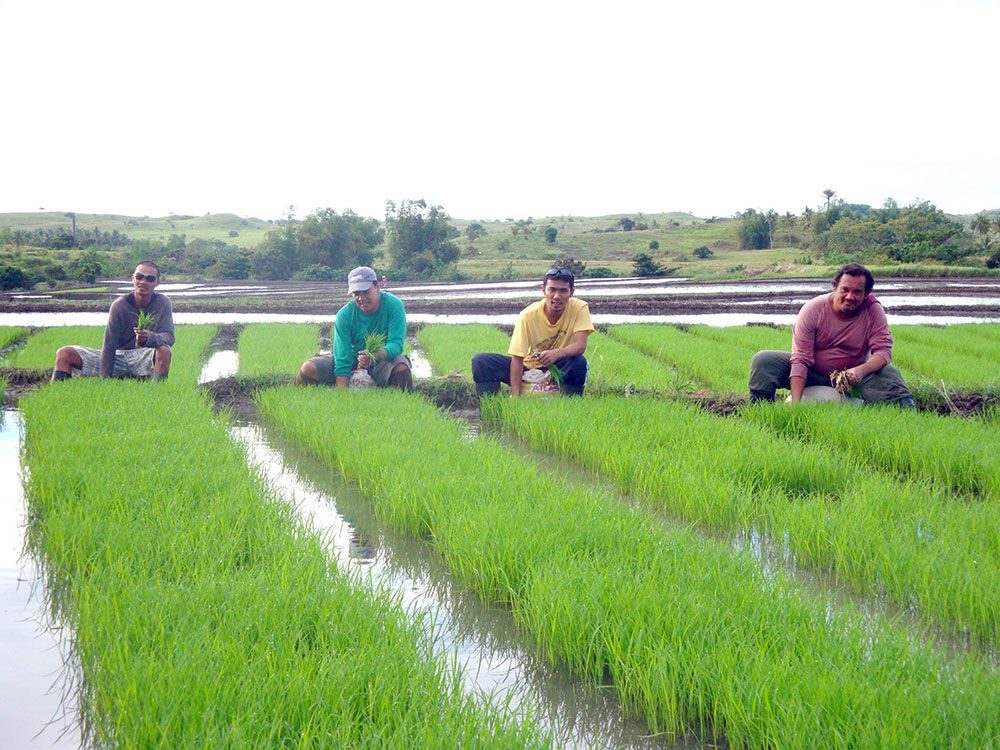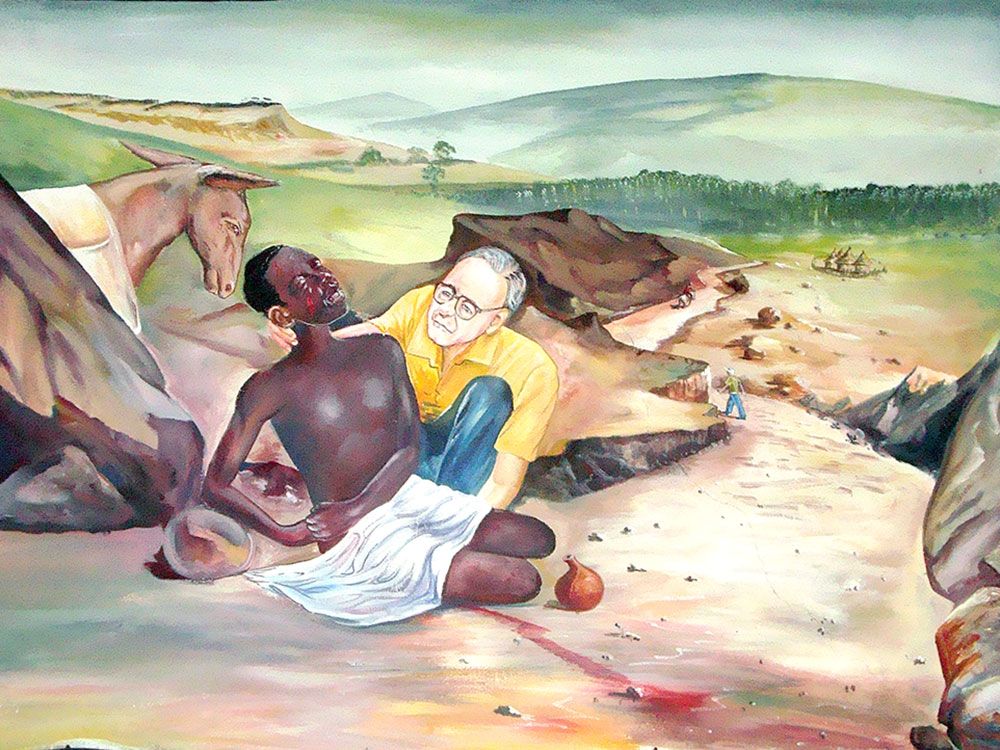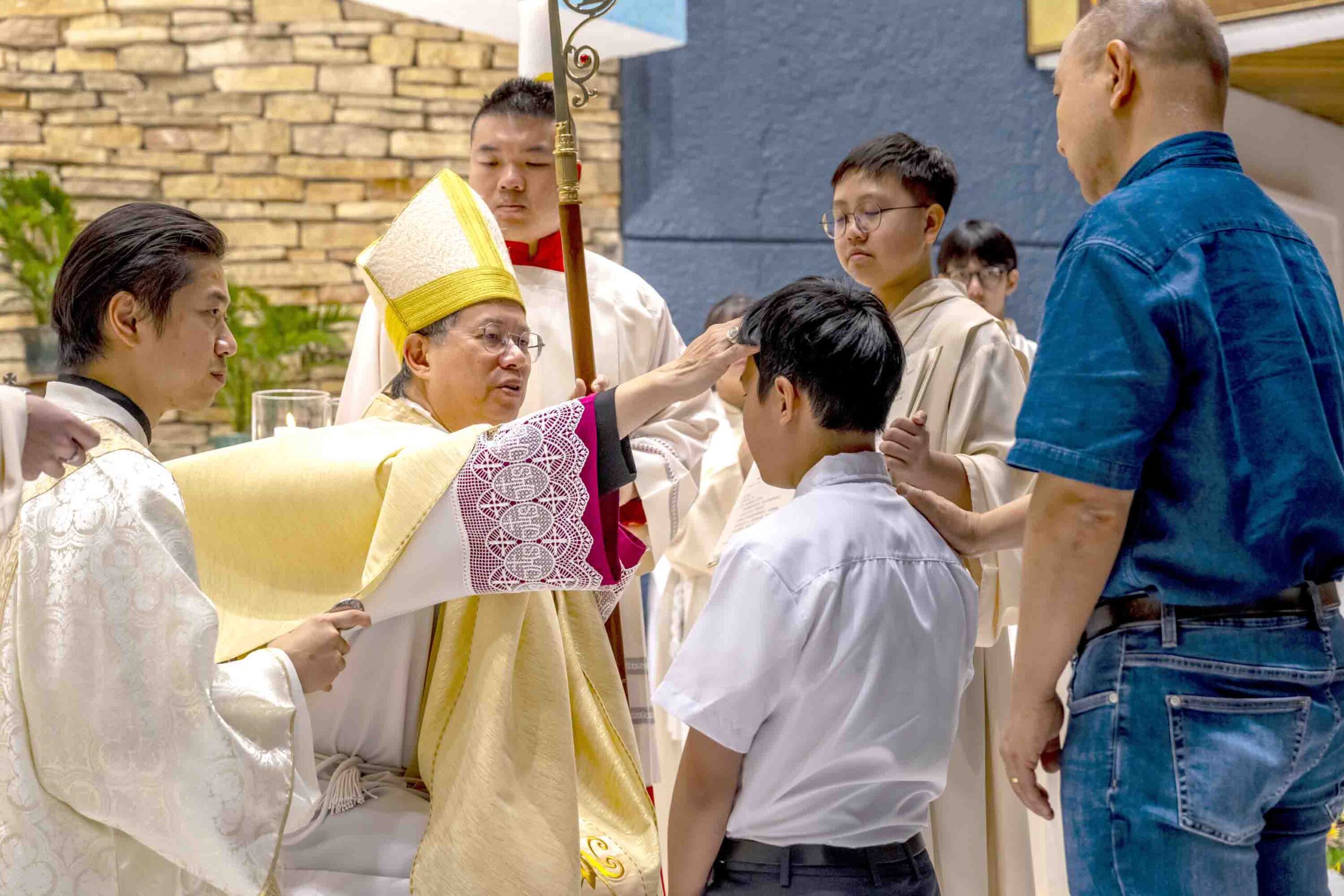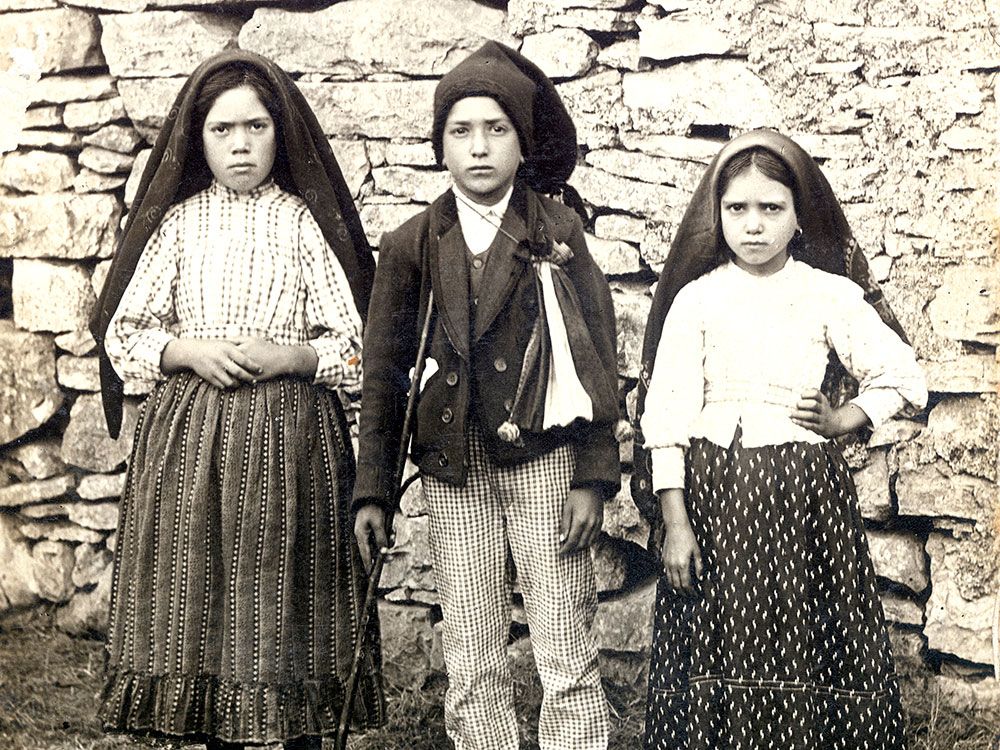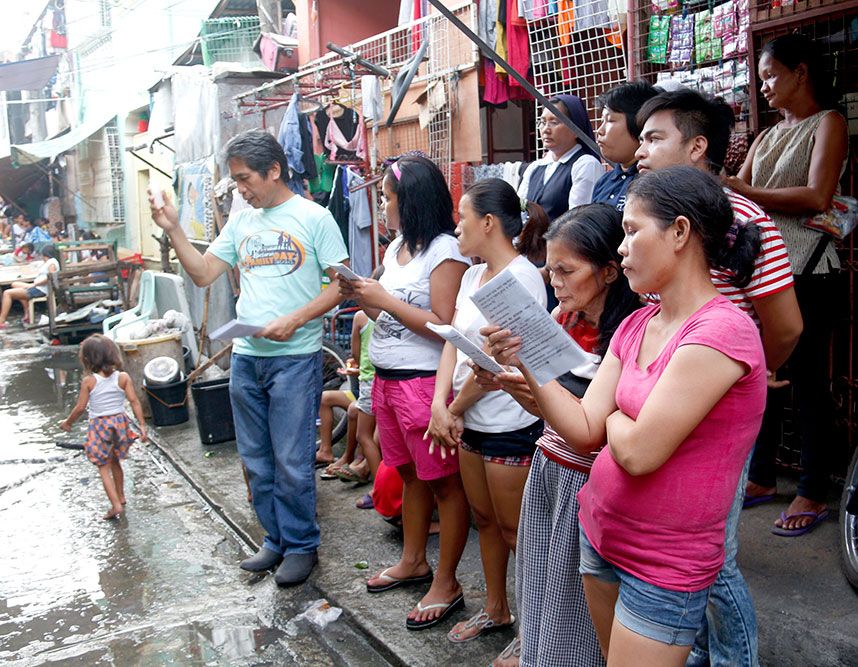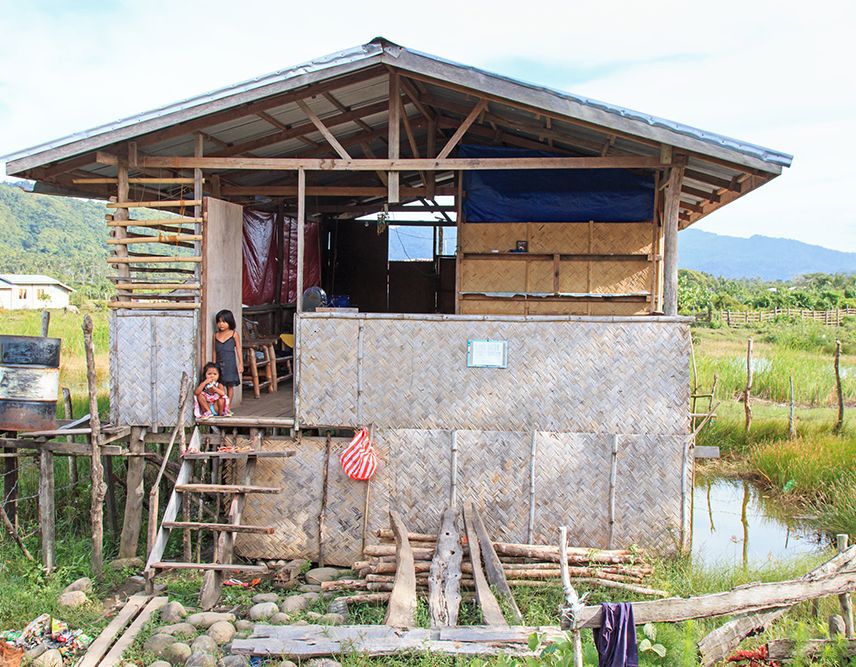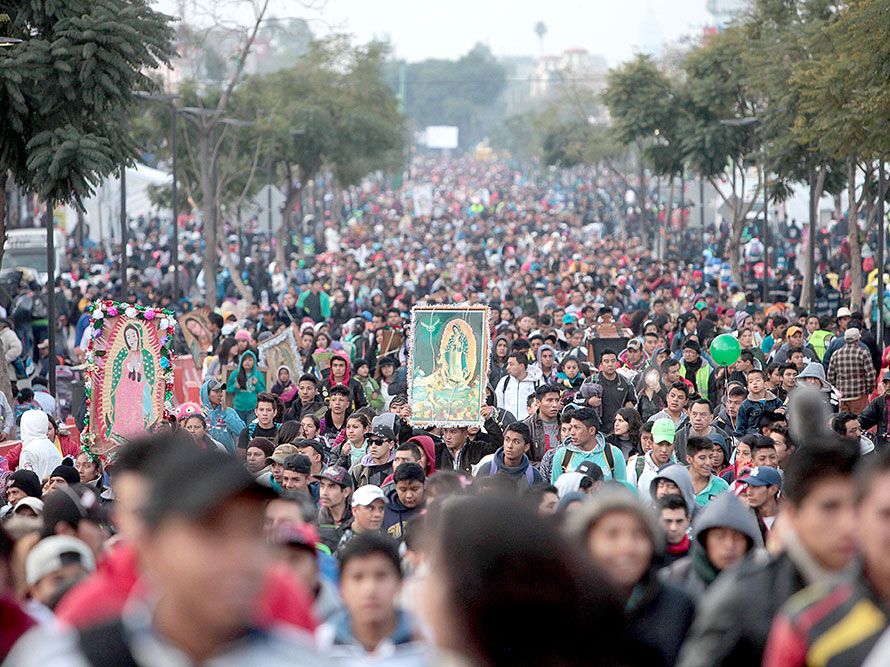I was at the Synod! The ecclesial and historic event of the Synod of Bishops on the Family held in Rome from October 5 to 25, 2015 was an event of grace. I consider it really a distinctive blessing to be among the selected cardinals, bishops and couples chosen by Pope Francis to reflect on the vocation and mission of the families in this contemporary time.
For a period of three weeks, the Synod was about listening to and making heard the voices of the families and the Church’s pastors who came to Rome bearing on their shoulders the burdens and the hopes, the riches and the challenges of families throughout the world. Personally, it was an event of conversion and attitudinal priestly renewal. The result of the prayerful reflection on the discussions and outcomes of both Synods of 2014 and 2015 is the Apostolic Exhortation, Amoris Laetitia (The Joy of Love).
The results of the latest Social Weather Stations (SWS) survey, conducted between March 30 and April 2, 2016 showed 46% of those polled (equivalent to 10.5 million families) rated themselves mahirap or poor. It is said that the results are better than those of a similar survey done in December 2015 which put the estimate at 11.2 million families or 50% of the respondents. Related to this issue, Vice President Leni Robredo, during the formal opening of the Angat Buhay (Uplifting Life) program of the government, declared that “poverty is the root cause of many Filipino families’ suffering.”
Poverty affects families
There are so many slum and shanty town dwellers who are forced to live in makeshift homes hastily built from scraps in areas most at risk to flood or devastated by typhoons and earthquakes. Other than these places, there are street children and families who are living along the railroad tracks, in cemeteries, under bridges or staying in the kariton or pushcart along the streets of major cities in the country.
Pastorally, how do we minister to these families who live on the street? In responding to the needs of the poor, the Family Ministry of the diocese or the parish should take note that “lack of dignified or affordable housing often leads to the postponement of formal relationships (Amoris Laetitia, paragraph 44). In assisting these families, the Ministry will surely encounter “families with special needs” (para. 47), the “vulnerable and exploited dependents” (para. 48), the drug addicts, alcoholics and gamblers (para. 51) and those who have “incomplete” (para. 291) and “irregular” (para. 296) marital relations.
Moreover, Amoris Laetitia, paragraph 46, observes that “extreme poverty and other situations of family breakdown sometimes even lead families to sell their children for prostitution or for organ trafficking.” It is worth noting that, in 2008, the Philippines banned kidney transplants for foreigners.
Migration, a Philippine phenomenon
Migration is one of the contributory factors that destabilize the Filipino families. Despite the risks and vulnerabilities that await the migrant workers, they still express their desire to migrate and work abroad. With the culture of migration, the Filipino families dramatically suffer separation. Other than the reason of poverty and unemployment, families are devastated by illegal recruitment and human trafficking.
As a response to these problems, Pope Francis in Amoris Laetitia, paragraph 46, challenges the Family Ministry to initiate pastoral programs that “address not only to families that migrate but also to those family members who remain behind.” Do we really have a diocesan or parish commission in-charge of taking care of the families of migrant workers?
Education to faith
Amoris Laetitia, paragraph 16, has identified the family as a place where children are ushered into the faith. Families are places of support, guidance and direction (para. 260) and principal agents of the family apostolate (para. 200). The Papal Exhortation challenges the families to propose Christian values that are clearly needed at this contemporary time (para. 201). Ideally, we all agree to these statements. But we have to be realistic on the pastoral situation of families, where “raising children has become more difficult and complex by today’s cultural reality and the powerful influence of the media” (para. 84). How many couples are really faithful in their task to be educators of the faith to their children?
Most of our Christian couples, if not all, delegate the teaching of the Catholic faith to the catechists of the parish or religion teachers. The schools do not replace parents. They only complement and assist the parents. If ever they carry out the responsibility of educating children in the faith, the schools always do it in the name of the parents, with their consent and, to a certain degree, with their authorization.
But how far have we seriously given priority to catechesis in parishes? Parish priests would complain about the limited number of catechists, some of whom are too old to teach the secondary grades. The length of time to teach catechesis is also limited.
Is our catechesis based in the public school the only venue where we could transmit the faith to this young generation? How are Catholic schools pastorally active and fruitfully beneficial to the parish community?
Youth and marriage
Regarding our young people, Amoris Laetitia, paragraph 205, expresses its desire for Family Ministers to assist the youth in discovering the dignity and beauty of marriage. Accordingly, the Exhortation explains the evangelical methodology in challenging the Family and Youth Ministries to “present the reasons and motivations for choosing marriage and the family and, in this way, to help men and women better to respond to the grace that God offers them” (para. 35). How are our young people being prepared to be committed fathers and mothers in the future? How come that, in all parishes in the Philippines, there are so many unmarried couples and the records in the baptismal books (Liber Baptismorum) attest to this impression? Do we have sacramental marriage vocation in charge?
In a recent research conducted in April 2016 by Barna Research Group, 44 percent of the parents want and expect their children to live with a significant other before getting married. The conclusion states that living together before marriage is no longer an exception but instead, has become an accepted and expected milestone of adulthood. With the situation of our unmarried couples in the country, can we conclude that this western mind-set has influenced our Philippine culture?
Family life programs
In January of 2016, the Commission on Family and Life of the Bishops’ Conference of the Philippines conducted a survey on the existing family-related programs in the country. Almost all the respondent dioceses and Family Life organizations have only one program, which is the Pre-Cana Marriage Preparation Program. Slated in the said program is the natural family planning. It has been noted that very few dioceses include in their program the comprehensive family accompaniment formation program which is proposed by Amoris Laetitia in paragraph 207.
The findings are conclusive that parish organizational structures are hardly family-oriented considering that each parish ministry is independent of each other and the family is not actually the top pastoral priority in the parish, nor in the diocese. Aside from the need for the Family and Life volunteers to undergo training, the survey also indicated that there are very few pastoral workers in the Family and Life Ministry.
The query of Pope Francis is also our concern. “Nowadays, who is making an effort to strengthen marriages, to help married couples overcome their problems, to assist them in the work of raising children and, in general, to encourage the stability of the marriage bond” (para. 52)?
What happened to the pastoral orientative decrees?
Are our parishes truly a family of families (para. 202)? Considering the pastoral impact on the importance of the parish, is it a place where experienced and trained couples “provide assistance as part of their commitment to service, prayer, formation and mutual support” (Amoris Laetitia, Chapter VI)?
Let us be refreshed of the Pastoral Orientative Decrees (Articles 46-49) that the Philippine Church decided upon in 1991, namely, that there must be a continuing education for Filipino families; that competent family ministry team be organized in the diocese; that cooperation for formation of Christian values be fostered between schools and families and other related family pastoral signposts. After 25 years, what happened to these decrees?
In the CBCP Pastoral Exhortation entitled, “Parishes as Wellsprings of Mercy and Renewal,” the Philippine Church is challenged “to deeply discern not only the structures of governance of our dioceses and parishes but also of the quality of faith life in the parish, the fellowship, belongingness, and participation experienced by its members.”
Quo vadis Filipino families?
Quo vadis is a Latin phrase which means “where are you going?” As we look at the situation of the Filipino families from the prism of Amoris Laetitia, we also ask where are we going considering the “complexity and the cultural changes” affecting all aspects of life (para. 32). What must be our attitude in dealing with family issues?
Amoris Laetitia has given us several attitudes which could be a starting point in Ministry for the Family. Aside from paragraph 7 of the Exhortation, Pope Francis, during his visit to the Philippines in January, 2015 said: “I thank God that many families, which are far from considering themselves perfect, live in love, fulfill their calling and keep moving forward, even if they fall many times along the way” (para. 57).
Before we left for the Synod in Rome, Cardinal Tagle requested for an orientation meeting with us – Archbishop Jose Palma of Cebu and Archbishop Romulo Valles of Davao. The Cardinal’s instruction to us was: “During your intervention before Pope Francis, make sure to tell the world that there are still so many faithful and happy families in the Philippines.”
In our dioceses and in our parishes, we can surely identify couples who are faithful to their matrimonial vows. Who are they?
Spirituality of accompaniment
Where do we start? Amoris Laetitia clearly defines our pastoral parameter in this initial response. It states: “Today, pastoral attention to strengthening marriages and preventing breakdowns is more important than pastoral assistance in failed situations” (para. 307). The Ministry for the Family is not just the Pre-Cana Marriage Preparation Program. The whole spectrum of the Ministry is from birth to death. “The Church must accompany with attention and care the weakest of her children, who show signs of a wounded and troubled love, by restoring in them hope and confidence, like the beacon of a lighthouse in a port or a torch carried among the people to enlighten those who have lost their way or who are in the midst of a storm”(para. 291).
During my regional lectures on Amoris Laetitia, I usually end the sessions with the challenge to identify and recruit more pastoral workers for Family and Life Ministry. The task of the Ministry is not only to promote the vocation to married life, nor to defend the institution against those who disregard the sacredness of love. With the proper apostolic attitude and evangelical skills, the Family and Life Ministers seek the glimpse of the “constructive elements” or the “pastoral possibilities” in those situations which do not yet or no longer correspond to her teaching on marriage” (para. 292).
If we really want to respond to the challenges of Amoris Laetitia, let us allow ourselves to be transformed in Christ through a life lived “according to the Spirit” (Evangelii Gaudium para. 162).




